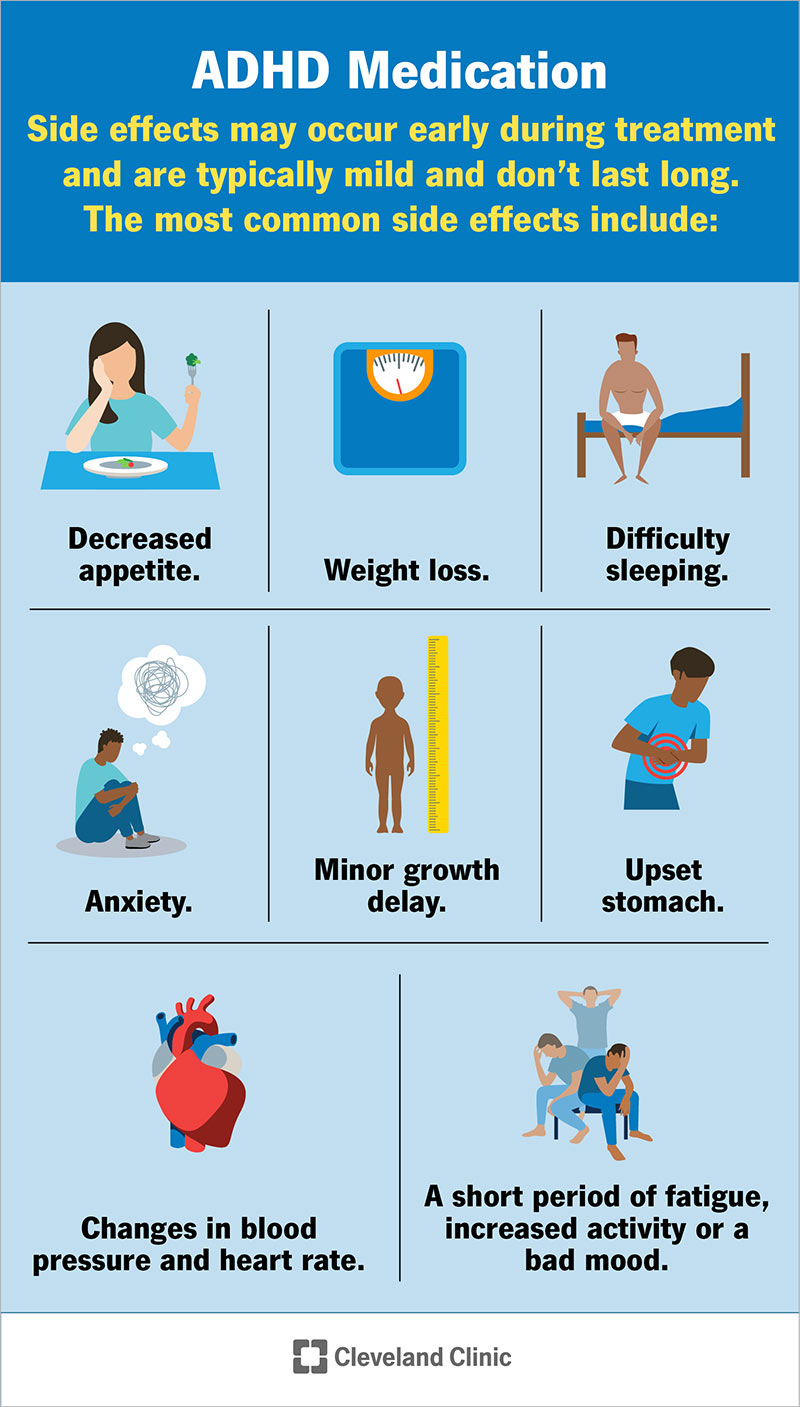The Benefits of Tailored ADHD Therapy Plans for Better Outcomes
The execution of customized ADHD therapy plans has actually emerged as a crucial technique in improving therapeutic end results for people influenced by this condition (ADHD treatment). By acknowledging the unique symptoms of ADHD in each individual, these tailored interventions advertise greater interaction and inspiration, inevitably leading to extra effective coping approaches.
Recognizing ADHD Variability
Although Attention-Deficit/Hyperactivity Problem (ADHD) is commonly regarded as a particular condition, its symptoms can vary considerably among people. This variability is affected by a variety of factors, including age, gender, coexisting problems, and environmental contexts. For example, youngsters with ADHD may display hyperactive actions, while adults may mostly fight with interest shortages. Sex differences also contribute, as males are more frequently detected with ADHD and commonly present a lot more obvious symptoms, whereas females might provide with less evident inattentiveness.
Additionally, people with ADHD might experience a spectrum of emotional and behavioral obstacles, such as stress and anxiety or oppositional defiance, that can make complex diagnosis and treatment. The interaction of these elements can result in varied experiences of ADHD, demanding a nuanced understanding of the disorder. It is also worth keeping in mind that ADHD can offer in different ways across numerous social contexts, influencing how signs are acknowledged and resolved. This understanding underscores the significance of identifying ADHD as a diverse condition, which asks for personalized techniques to therapy that take into consideration the special demands and experiences of each person.
Secret Components of Personalization
Personalized ADHD treatment strategies are based in a number of essential components that guarantee efficient monitoring of the condition. A detailed evaluation is crucial, including standard ranking scales, interviews, and behavior observations. This extensive analysis allows clinicians to understand the person's distinct signs and symptoms, strengths, and obstacles.
2nd, the participation of numerous stakeholders, consisting of moms and dads, teachers, and the person, adds to an alternative sight of the person's requirements. Collaboration fosters an encouraging environment that can adjust to the person's context and way of living.
Third, therapy plans ought to be flexible and versatile, permitting for alterations based on ongoing comments and the person's advancing needs. This flexibility makes it possible for the assimilation of different therapeutic strategies, such as behavioral interventions, psychoeducation, and medication monitoring.
Additionally, cultural and contextual aspects should be taken into consideration. Recognizing the person's history, worths, and preferences makes certain that the therapy is relevant and respectful.
Finally, routine follow-ups and analyses are important to keep track of progression and make essential modifications. By concentrating on these key elements, personalized ADHD therapy plans can substantially boost the performance of interventions, causing enhanced outcomes for people with ADHD.
Enhanced Interaction and Inspiration
To efficiently advertise enhanced interaction and motivation in individuals with ADHD, it is vital to include methods that resonate with their rate of interests and staminas. Individualized treatment strategies that align with an individual's interests can cause increased participation in restorative activities, fostering a feeling of ownership and enthusiasm for the process.
Making use of interactive and imaginative techniques can likewise significantly enhance motivation. Incorporating gamification elements or real-world applications of skills can make jobs much more attractive and appropriate. This not just catches focus however also enhances learning with satisfying experiences.
Moreover, establishing achievable and meaningful goals customized to the individual can bolster inspiration. When individuals see their progression towards directly significant objectives, they are most likely to remain engaged. Normal responses and acknowledgment of accomplishments can even more sustain motivation, creating a positive responses loop that urges ongoing effort.
Lastly, cultivating a supportive setting where individuals feel understood and valued can dramatically affect their interaction levels. When treatment plans are created collaboratively, including input from the person, they are a lot more most likely to really feel purchased their trip, ultimately resulting in boosted nova counseling end results in handling ADHD.
Improved Coping Methods
Developing improved coping strategies is vital for people with ADHD, as it furnishes them with efficient tools to browse daily challenges. A customized treatment strategy enables for the identification of specific coping devices tailored to the person's unique demands and situations - ADHD treatment. Methods such as mindfulness, time monitoring skills, and organizational approaches can be integrated into everyday routines, promoting a sense of control and lowering anxiousness
Mindfulness techniques, consisting of reflection and deep-breathing workouts, aid people with ADHD focus their focus and control their feelings. Time management approaches, such as making use of timers or damaging jobs right into smaller, manageable steps, can reduce sensations of overwhelm. Additionally, business tools like coordinators and lists can boost efficiency and responsibility.
Long-lasting Favorable Outcomes
Applying tailored ADHD treatment strategies can lead navigate to these guys to substantial long-lasting positive end results for individuals. These tailored strategies, which think about special symptoms, preferences, and life scenarios, assist check over here in a lot more efficient monitoring of ADHD signs in time. By concentrating on the specific requirements of the individual, these plans enhance adherence to therapy procedures and foster better engagement in therapeutic tasks.

In addition, individualized therapy plans can substantially reduce the threat of comorbid problems, such as stress and anxiety and anxiety, which are typically connected with ADHD. Early intervention and regular support help individuals build resilience and coping techniques, advertising total mental health and wellness.
Inevitably, the lasting favorable end results of individualized ADHD therapy prepares not just improve the quality of life for individuals but also contribute to their total health and success in different life domain names. This all natural approach underscores the importance of individualized care in managing ADHD effectively.
Conclusion
:max_bytes(150000):strip_icc()/adhd-treatment-4157278_FINAL-848b0cfc4d0b42a0b66c3d2ca894e9dd.png)